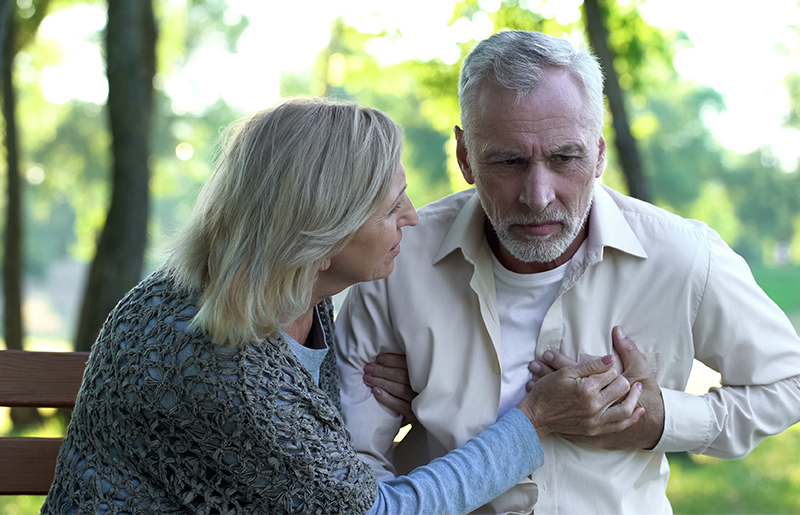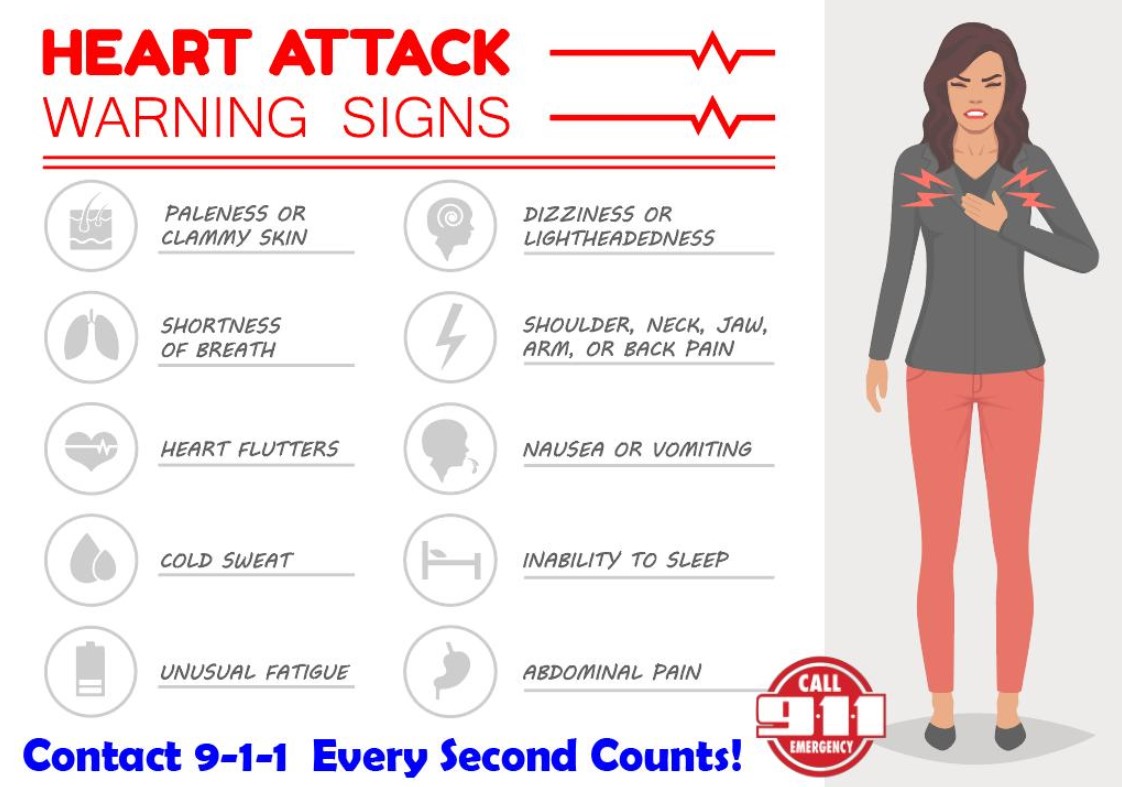
Know the Signs of Heart Attack
Heart disease is the leading cause of death in the United States. Do you know the signs of a heart attack? If you or someone you are near are experiencing any symptoms, the Greater Harris County 911 Emergency Network urges you to contact 9-1-1 ASAP.

Before You Go...
When should you call 9-1-1?
Only contact 9-1-1 in an emergency situation. An emergency is any situation that requires immediate assistance from the police/sheriff, the fire department or emergency medical services. If you are ever in doubt of whether a situation is an emergency you should call 9-1-1. It’s better to be safe and let the 9-1-1 call taker determine if you need emergency assistance.
| EXAMPLES OF WHEN TO CALL 9-1-1 | DO NOT CALL 9-1-1 |
| Medical Emergencies | For information |
| Heart attack or stroke | When the power is out |
| House fire | To report a broken fire hydrant |
| Domestic violence | When your water pipes burst |
| Burglary or theft in progress | To get a ride for doctor’s appointment |
| Car accident with life threatening injuries | For paying tickets |
| Suspicious activities | For your pet |
| Anything else that seems like an emergency! | To report potholes in the road |
Tips for 9-1-1 Calls
-
Every second counts in emergency. Don’t hesitate to contact 9-1-1 first during an emergency for police, fire or medical assistance.
- Get to a safe location before calling. If you are calling to report a fire, exit the burning building before calling.
- Stay calm and answer all questions about your emergency.
- State what help you need: police, fire or EMS/medical.
- State your address, describe your location as completely as possible using cross streets or landmarks.
- Stay on the line — do not hang up until the operator says it’s OK.
Source: Greater Harris County 911 Emergency Network



